Home>Garden Essentials>How Long Does It Take For Thyme To Germinate
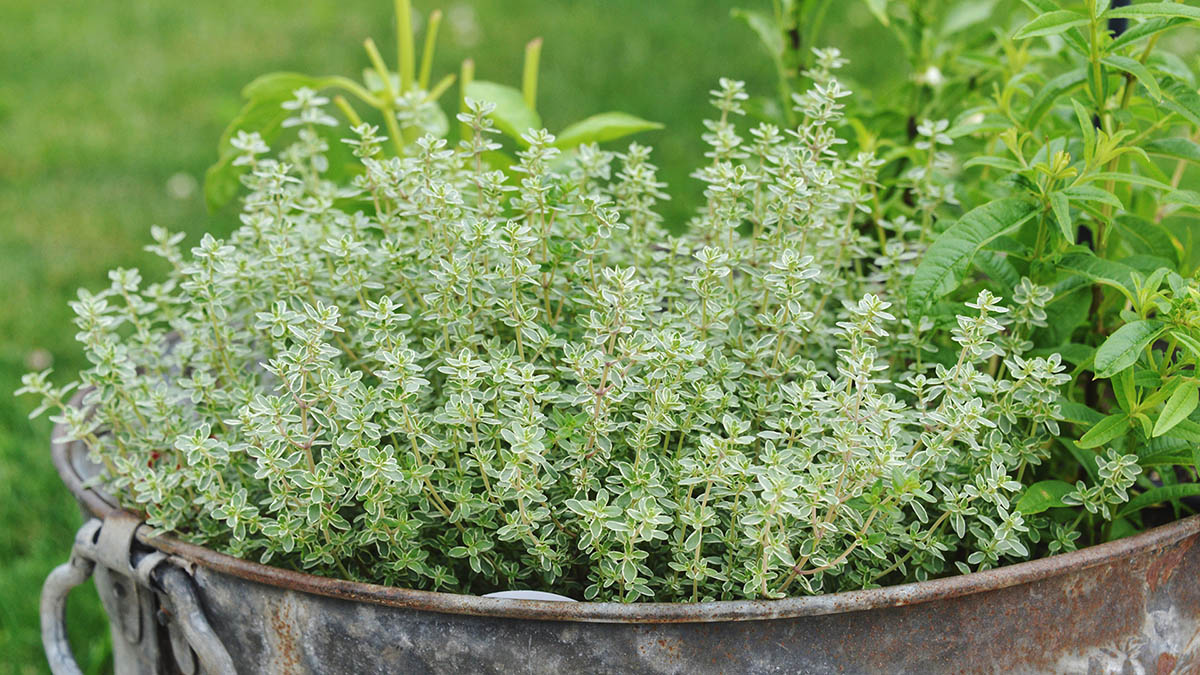

Garden Essentials
How Long Does It Take For Thyme To Germinate
Modified: August 17, 2024
Discover how long it takes for thyme to germinate in your garden. Get expert tips on successful thyme seed germination and growing.
(Many of the links in this article redirect to a specific reviewed product. Your purchase of these products through affiliate links helps to generate commission for Storables.com, at no extra cost. Learn more)
Introduction
Welcome to the wonderful world of gardening! If you’re a garden enthusiast, or even a beginner looking to venture into the world of plants, you’ve probably come across the term “germination”. Germination is the process by which a seed sprouts and begins to grow into a new plant. It’s an exciting and crucial phase in the life cycle of a plant, and understanding the germination process is key to successful gardening.
In this article, we’ll be focusing on thyme germination. Thyme is a popular herb known for its aromatic leaves and culinary uses. It’s easy to grow and can be a great addition to your herb garden or even a small pot on your balcony. But how long does it take for thyme seeds to germinate? Let’s explore the factors that affect thyme germination and learn how to optimize the conditions for faster and more successful sprouting.
Key Takeaways:
- Thyme seeds typically take 7 to 14 days to sprout under warm, moist, and well-lit conditions. Patience and proper care are key during the germination process.
- To speed up thyme germination, try pre-soaking, scarification, bottom heat, and grow lights. Address common issues like poor seed quality and fungal diseases for successful sprouting.
Read more: How Long Do Thyme Seeds Take To Germinate
Factors Affecting Thyme Germination
Thyme, like all plants, requires certain conditions to successfully germinate. Understanding these factors will help you create the optimal environment for thyme seeds to sprout and grow. Here are some key factors that can affect thyme germination:
- Temperature: Thyme seeds require a warm environment to germinate. The ideal temperature range for germination is between 65°F and 75°F (18°C and 24°C). Cooler temperatures can significantly slow down the germination process, while temperatures above 80°F (27°C) can be detrimental to the seeds.
- Moisture: Adequate moisture is crucial for seed germination. Thyme seeds should be planted in well-draining soil that is moist but not waterlogged. Soggy soil can lead to seed rot, while dry soil will prevent germination altogether. Maintaining a consistent level of moisture is key to successful thyme germination.
- Light: Thyme seeds are relatively small and require light to germinate properly. Unlike some other larger seeds, thyme seeds should not be buried deep in the soil. Instead, gently press them onto the surface of the soil and lightly cover them with a thin layer of fine soil or vermiculite. Exposing the seeds to a few hours of indirect sunlight each day will facilitate germination.
- Seed Quality: The quality and viability of the seeds you use can have a significant impact on germination success. Always choose fresh, high-quality thyme seeds from reputable sources. Old or expired seeds may have a lower germination rate, so it’s best to purchase or harvest fresh seeds for the highest chance of success.
- Seed Pre-Treatment: Some gardeners have found success with pre-treating thyme seeds to enhance germination rates. This can be done by gently scratching the seed coats or soaking them in warm water overnight. These methods help to break the seed dormancy and promote faster and more uniform germination.
By taking these factors into consideration and providing the ideal conditions for thyme germination, you can greatly increase the chances of successful seed sprouting. Now that we understand the factors that influence thyme germination, let’s explore the optimal conditions required for the seeds to thrive.
Optimal Conditions for Thyme Germination
Creating the optimal conditions for thyme germination is essential to ensure the best possible sprouting and growth of your thyme seeds. Here are the key elements to consider:
- Soil: Choose a well-draining soil mix for thyme germination. A mixture of equal parts potting soil, perlite, and vermiculite works well. This combination provides the right balance of moisture retention and drainage, preventing the seeds from becoming waterlogged and prone to rot.
- Container: Thyme seeds can be germinated in a seed tray, a shallow container, or even in individual biodegradable pots. Ensure that the chosen container has drainage holes to avoid waterlogged conditions.
- Watering: Keep the soil consistently moist but not saturated. Watering from the bottom is preferable to prevent disturbance of the seeds. Place the container in a tray with water and allow the soil to soak up the water until the surface is moist. Avoid overwatering, as it can lead to seed rot.
- Temperature: Maintain a warm temperature range of 65°F to 75°F (18°C to 24°C) for thyme germination. Consider using a propagation mat or placing the container in a warm area to provide consistent warmth.
- Light: Thyme seeds require light for germination. Place the container in an area with bright, indirect sunlight or use fluorescent grow lights for 12-16 hours a day.
- Germination Timeframe: Thyme seeds typically take around 7 to 14 days to germinate under optimal conditions. However, it’s important to note that germination time can vary depending on the seed quality, temperature, and other factors mentioned earlier.
By setting up the right conditions for thyme germination and closely monitoring the moisture, temperature, and light requirements, you can significantly improve the chances of successful sprouting. Patience is key during the germination process, as it may take some time for the seeds to show signs of life. Once the seeds have germinated, it’s important to provide them with proper care to ensure healthy growth.
Now that we have covered the optimal conditions for thyme germination, let’s delve into the timeframe you can expect for your thyme seeds to sprout.
Germination Timeframe of Thyme Seeds
Thyme seeds typically have a moderate germination period, taking around 7 to 14 days to sprout under optimal conditions. However, it’s important to note that germination time can vary depending on various factors, including temperature, moisture, seed quality, and seed pre-treatment.
The first signs of thyme germination will be the emergence of small, delicate seedlings breaking through the soil surface. These seedlings will initially display a pair of small, cotyledon leaves, which are the embryonic leaves that provide the initial energy for the plant’s growth.
During the germination timeframe, it’s essential to maintain consistent moisture levels in the soil without overwatering. Ensure that the soil remains damp but not waterlogged to prevent seed rot and encourage healthy seedling growth.
As the thyme seeds germinate, continue to provide the appropriate conditions of warm temperature and sufficient light. Place the container in a location with bright, indirect sunlight or use fluorescent grow lights to ensure the seedlings receive adequate light for their growth.
It’s important to note that not all thyme seeds will germinate simultaneously. Some seeds may take longer than others to sprout, which is why it’s crucial to be patient during this stage. However, if you notice that a significant number of seeds have failed to germinate after the expected timeframe, it may be an indication of poor seed quality or unfavorable growing conditions.
By closely monitoring the germination timeframe and providing the necessary care, you’ll soon witness the transformation of tiny thyme seeds into vibrant seedlings. Once the seedlings have developed a stronger root system and more mature leaves, they can be transplanted into individual containers or the garden, depending on your gardening setup.
Now that we have discussed the germination timeframe of thyme seeds, let’s explore some useful tips to speed up the germination process, as well as common problems you may encounter and their solutions.
Thyme seeds typically take 7-14 days to germinate. Keep the soil consistently moist and provide warmth for best results.
Tips for Speeding up Thyme Germination
If you’re eager to see your thyme seeds sprout and grow quickly, there are a few tips and techniques you can try to speed up the germination process. Here are some helpful strategies:
- Pre-Soaking: Consider pre-soaking your thyme seeds before planting. Gently soak the seeds in warm water for a few hours or overnight. This can help soften the seed coats and kick-start the germination process.
- Scarification: Thyme seeds have tough outer seed coats that can sometimes inhibit germination. Lightly scarify the seed coats by scratching them gently with sandpaper or nicking them with a knife. This process helps water penetrate the seed, promoting quicker germination.
- Bottom Heat: Providing bottom heat is an effective way to speed up thyme seed germination. You can use a heat mat or place the seed tray on a warm surface, such as a refrigerator or radiator. The added warmth accelerates the germination process.
- Grow Lights: If you’re starting your thyme seeds indoors or in a location with limited natural light, supplementing with artificial grow lights can significantly speed up germination. Place the lights 4 to 6 inches above the seedlings and provide 12 to 16 hours of light each day.
- Moisture Control: While it’s important to keep the soil moist, be careful not to overwater. Excessive moisture can lead to fungal issues and hinder germination. Regularly check the soil moisture levels and adjust watering accordingly.
- Transplanting: Once the thyme seeds have sprouted and developed their first set of true leaves, consider transplanting them into individual containers or the garden. This allows the seedlings to have more space and nutrients, promoting faster growth.
Remember that every seed is unique, and not all thyme seeds will germinate at the same rate, even with these techniques. Be patient and continue providing optimal conditions to support their growth.
Now, let’s discuss some common problems you may encounter during thyme germination and explore solutions to address them.
Read more: How Long Does It Take For Mint To Germinate?
Common Problems and Solutions in Thyme Germination
While thyme germination is usually a straightforward process, certain problems can arise that may hinder successful sprouting. Understanding these issues and their solutions will help you overcome common challenges. Here are some common problems you may encounter during thyme germination and how to address them:
- Poor Seed Quality: If you’re experiencing low germination rates or no germination at all, it could be due to poor seed quality. Ensure that you’re using fresh, viable seeds from a reputable source. If your seeds are old or expired, consider purchasing new ones.
- Inconsistent Germination: Sometimes, thyme seeds may exhibit uneven germination, with some sprouting while others remain dormant. This can be due to variations in seed quality or exposure to light. To address this, ensure that you provide consistent light and temperature conditions for all the seeds and give them ample time to germinate.
- Fungal Diseases: Overwatering or high moisture levels can lead to fungal diseases like damping-off, which can cause seedling death. To prevent this, maintain proper moisture control by allowing the soil to dry slightly between waterings and ensuring good air circulation around the seedlings.
- Seed Dormancy: Thyme seeds have a natural dormancy period, which means they may require specific conditions or treatments to break dormancy and promote germination. Pre-soaking, scarification, or stratification (exposing seeds to cold temperatures) can help overcome seed dormancy and improve germination rates.
- Insufficient Light: Thyme seeds require light to germinate properly. If you notice weak or elongated seedlings, it may be an indication of insufficient light. Move the seedlings to a brighter location or provide additional artificial grow lights to ensure they receive enough light for healthy growth.
- Pest Infestation: Occasionally, pests can affect young thyme seedlings. Common pests include aphids, spider mites, and caterpillars. Regularly inspect your seedlings and take appropriate measures, such as using organic insecticidal soap or picking off pests by hand, to control infestations.
By addressing these common problems and implementing the appropriate solutions, you can enhance the chances of successful thyme germination and ensure healthy seedling growth.
Remember, gardening is a continuous learning process, and each gardening experience provides valuable insights for future success. Stay patient, observe your plants closely, and make adjustments as needed to create the optimal conditions for thyme germination.
To wrap up, we’ve covered the various factors affecting thyme germination, the optimal conditions required, tips for speeding up the germination process, and solutions to common germination problems. Armed with this knowledge, you’re well-equipped to embark on your thyme growing journey. Enjoy the process and the rewarding experience of nurturing your very own thyme plants from seeds!
Conclusion
Growing thyme from seed can be a rewarding and fulfilling experience for gardeners of all levels. Understanding the factors that affect thyme germination and implementing the optimal conditions are key to successful seed sprouting and healthy plant growth. By considering factors such as temperature, moisture, light, and seed quality, you can create the perfect environment for thyme seeds to thrive.
While thyme germination typically takes around 7 to 14 days, it’s important to note that germination can vary depending on various factors. Be patient and continue to provide the necessary care, ensuring the soil remains moist, the temperature is warm, and the seedlings receive adequate light. Additionally, using pre-soaking, scarification, bottom heat, and grow lights can help speed up the germination process.
During the germination phase, you may encounter common problems such as poor seed quality, variability in germination rates, fungal diseases, seed dormancy, inadequate light, or pest infestation. By addressing these issues with solutions such as using fresh seeds, maintaining consistent conditions, controlling moisture levels, breaking seed dormancy, providing sufficient light, and dealing with pests promptly, you can overcome challenges and support the healthy growth of your thyme seedlings.
Remember, gardening is a continuous learning journey. Embrace the experience and adapt your techniques as you gain more knowledge and hands-on experience. By observing your plants closely and making adjustments when needed, you’ll become a more skilled gardener over time.
So, whether you’re starting a herb garden, looking to enhance your culinary creations, or simply enjoy the beauty and aroma of thyme, germinating thyme seeds is a wonderful way to begin. Enjoy the process, be patient, and savor the satisfaction of seeing your tiny thyme seeds sprout into vibrant and thriving plants.
Frequently Asked Questions about How Long Does It Take For Thyme To Germinate
Was this page helpful?
At Storables.com, we guarantee accurate and reliable information. Our content, validated by Expert Board Contributors, is crafted following stringent Editorial Policies. We're committed to providing you with well-researched, expert-backed insights for all your informational needs.
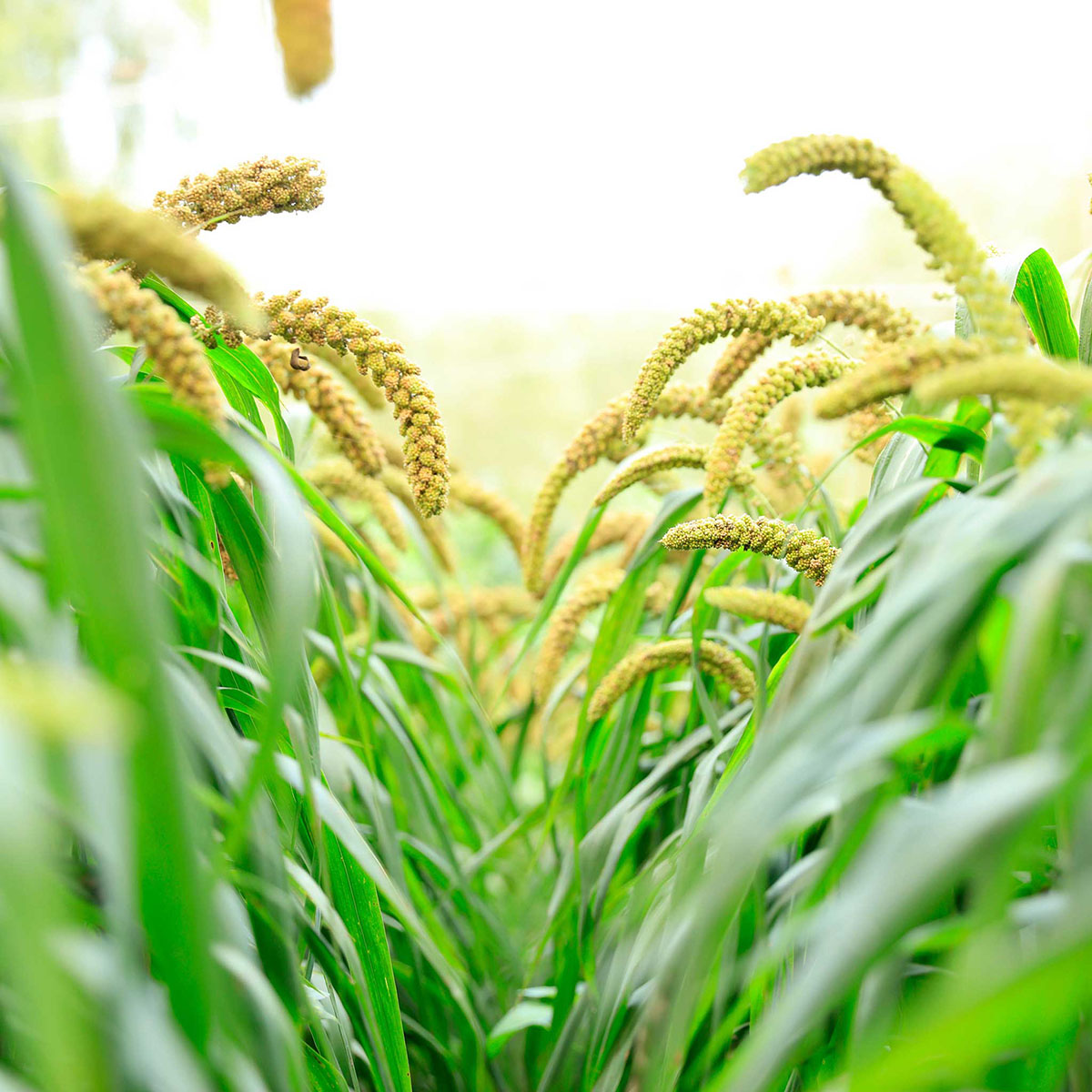
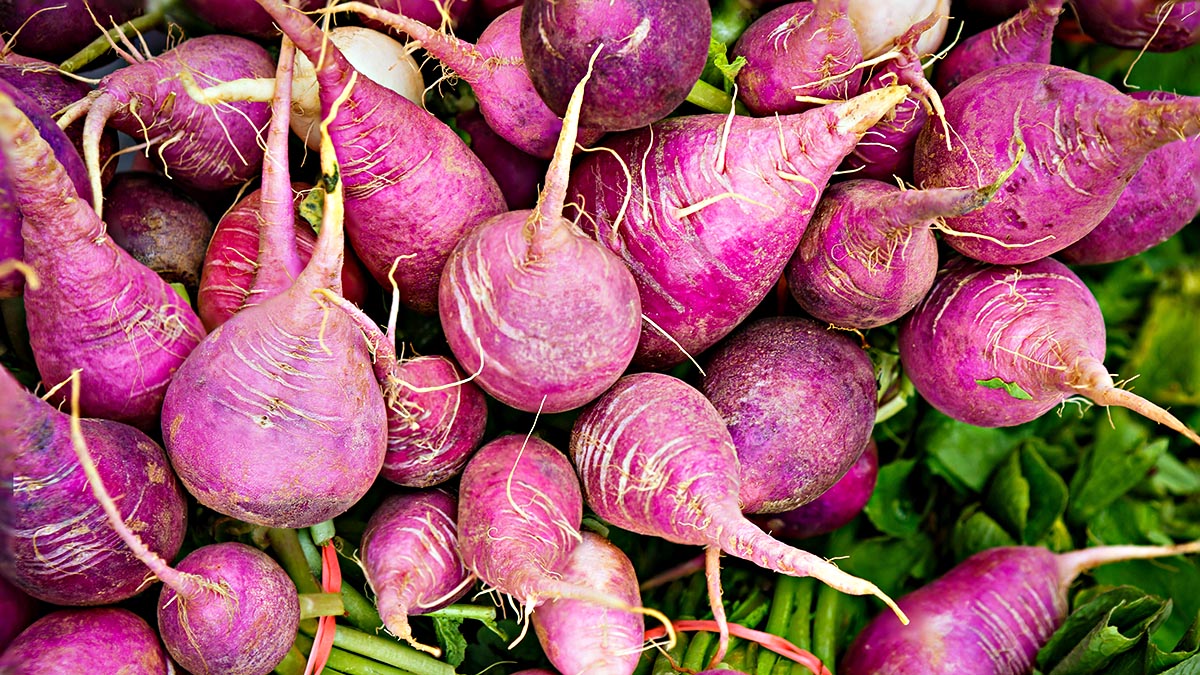

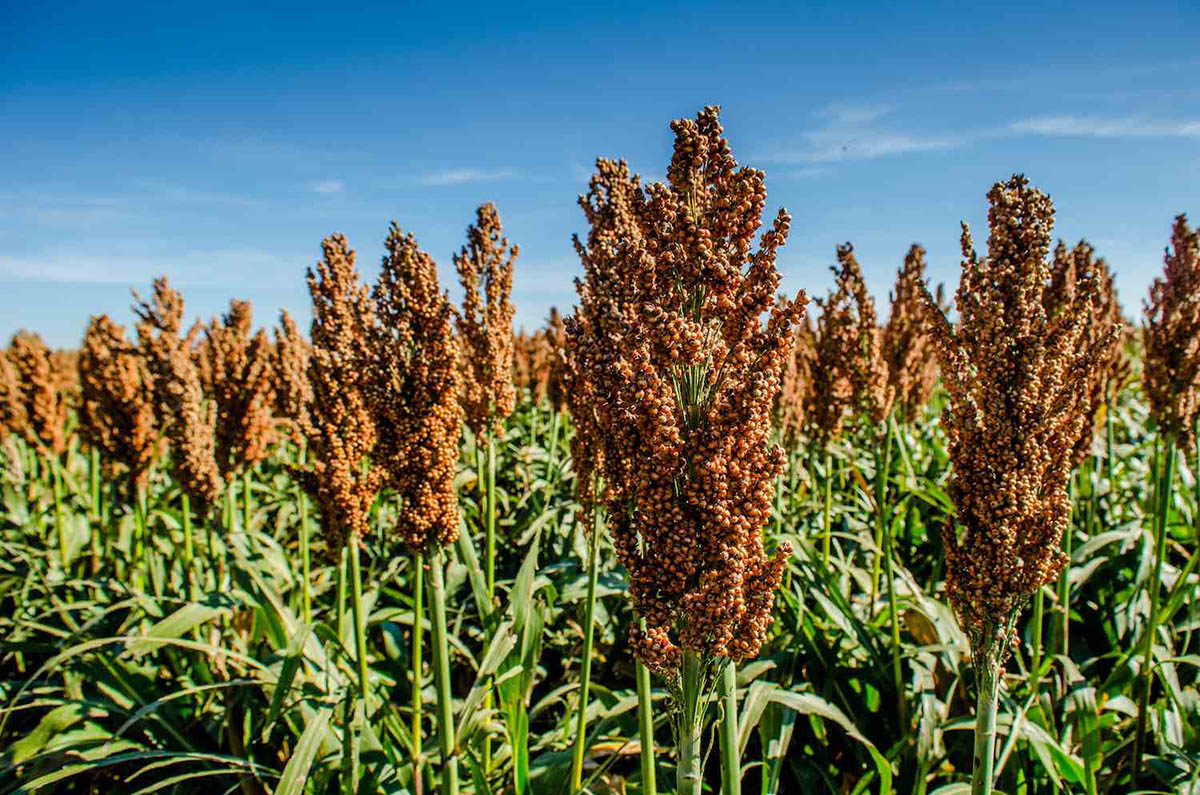
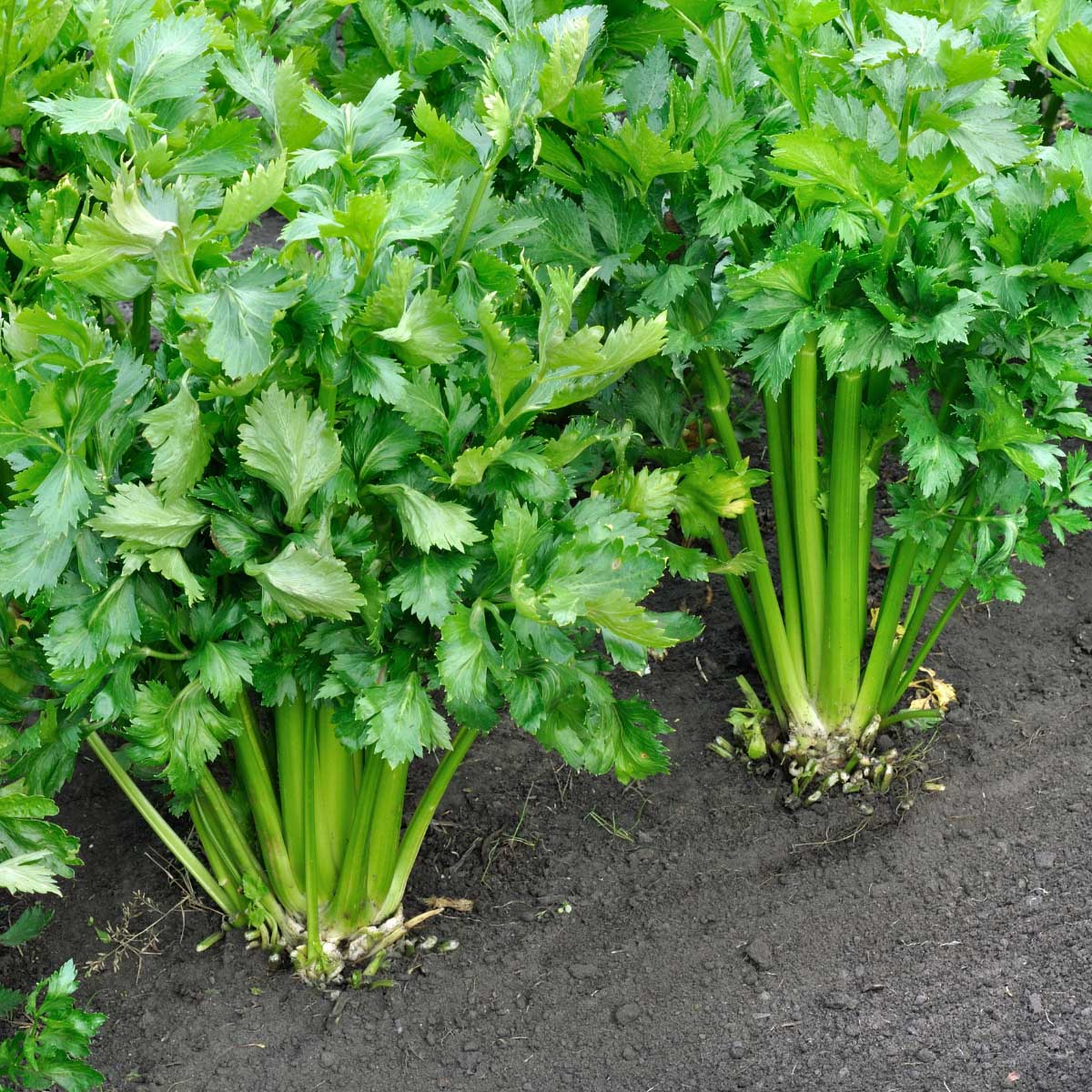
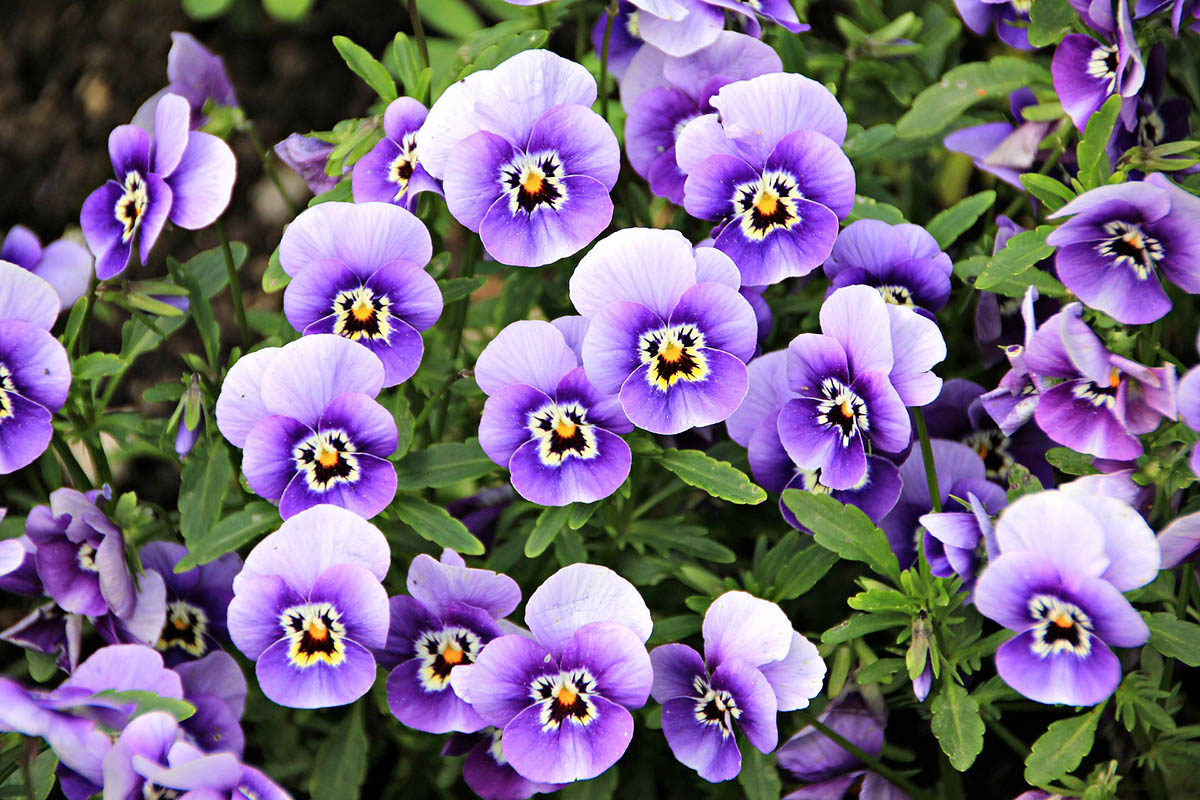
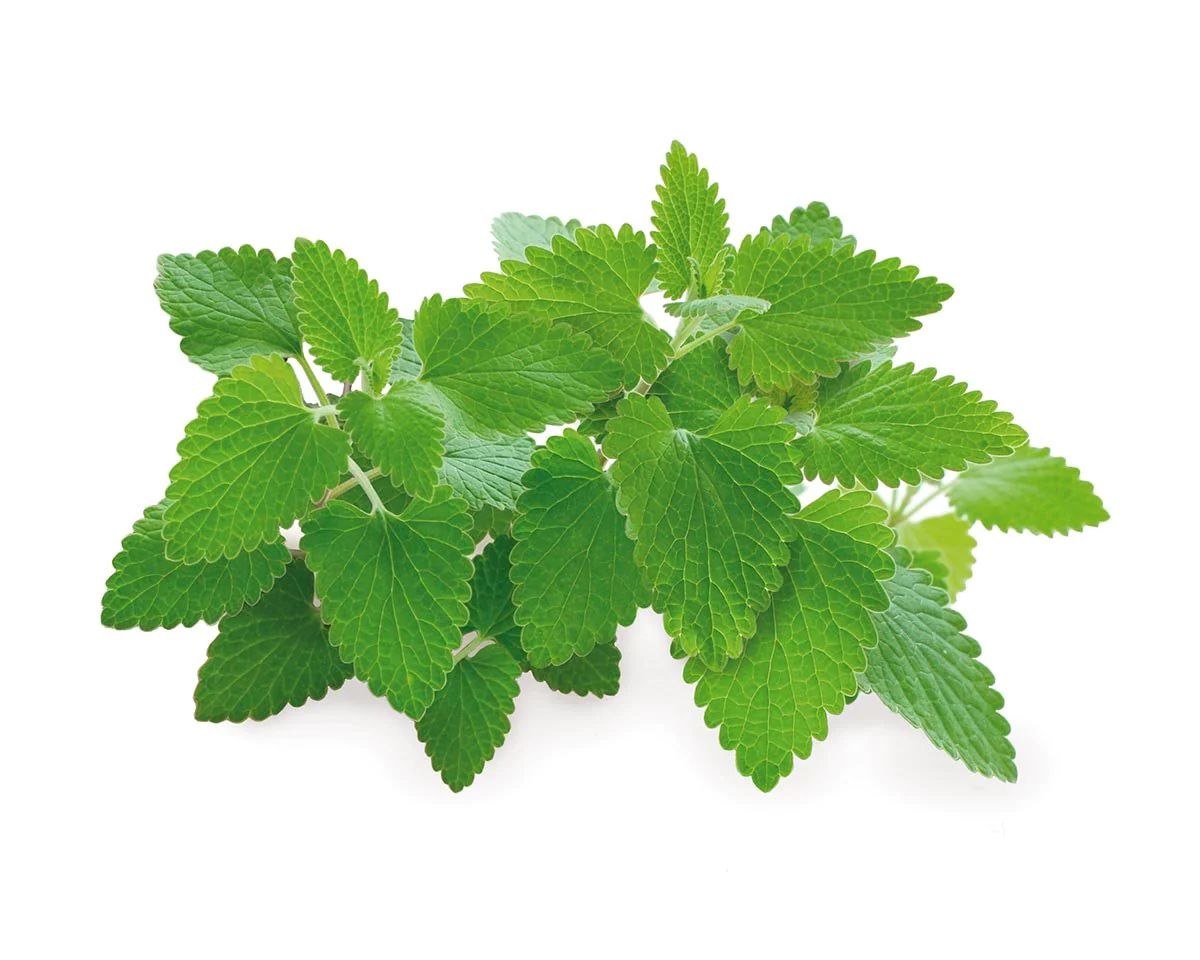
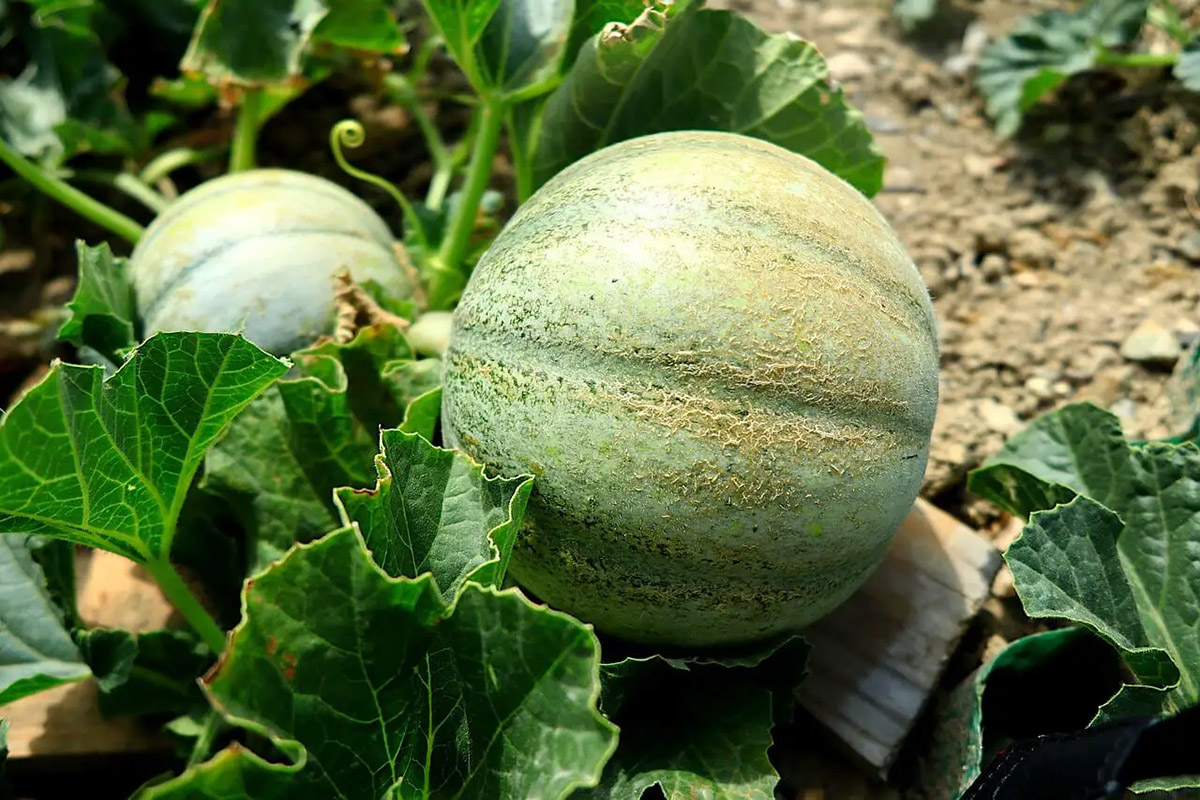
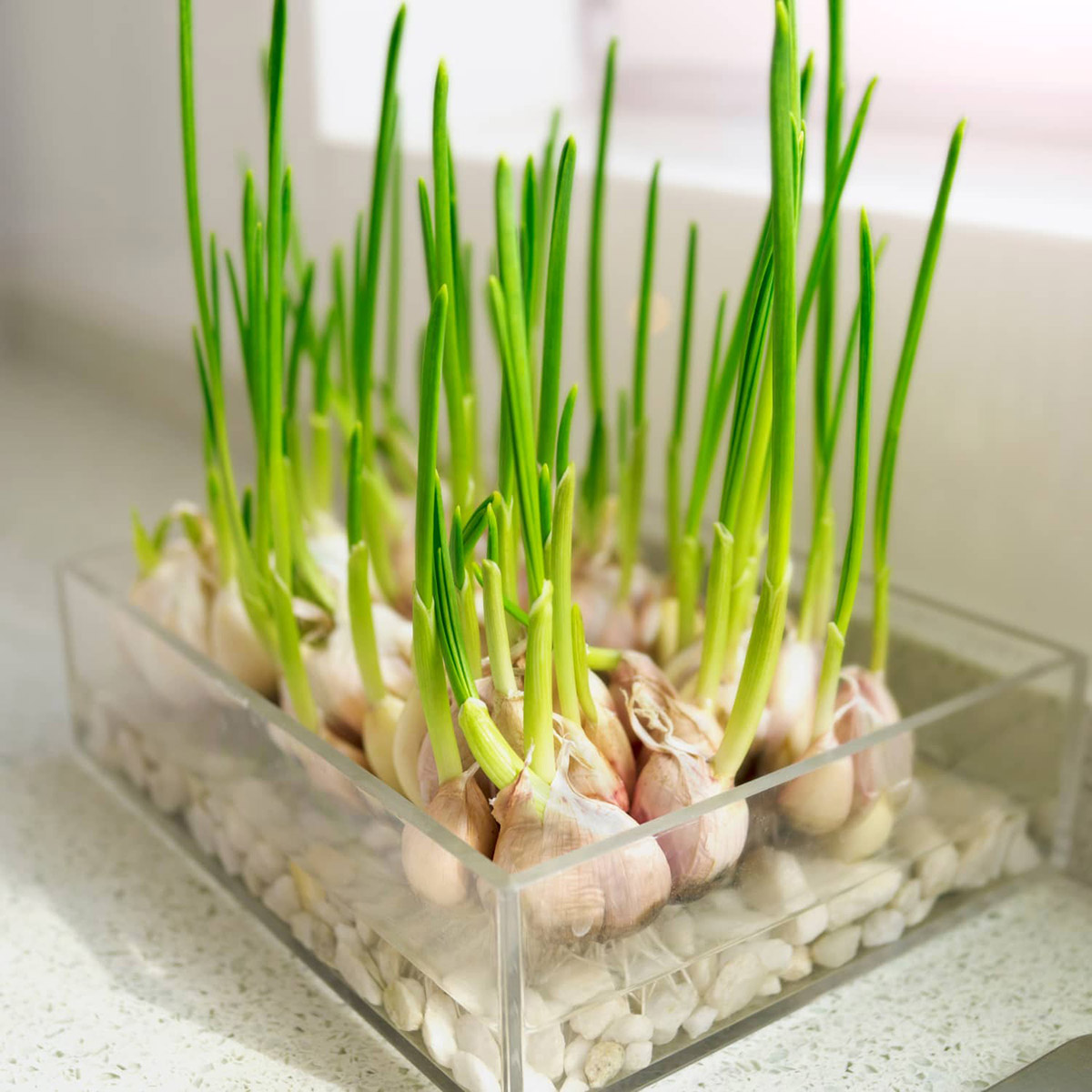

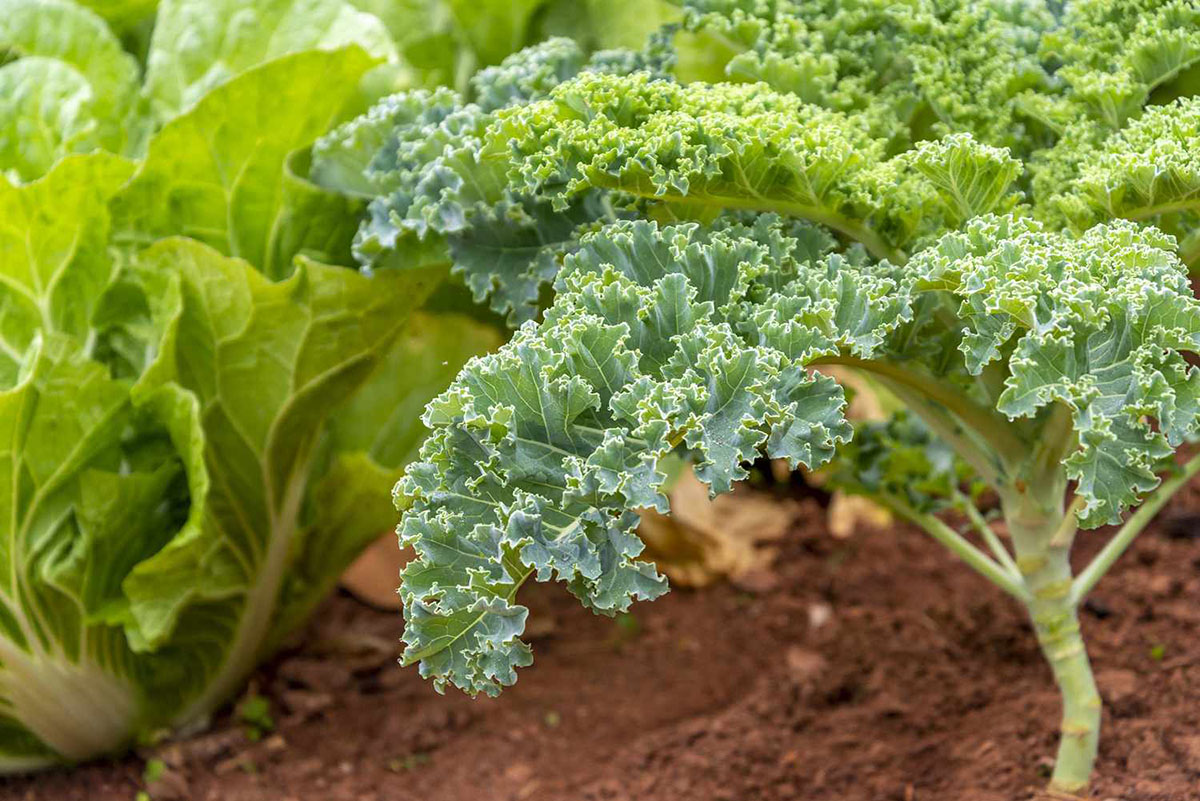
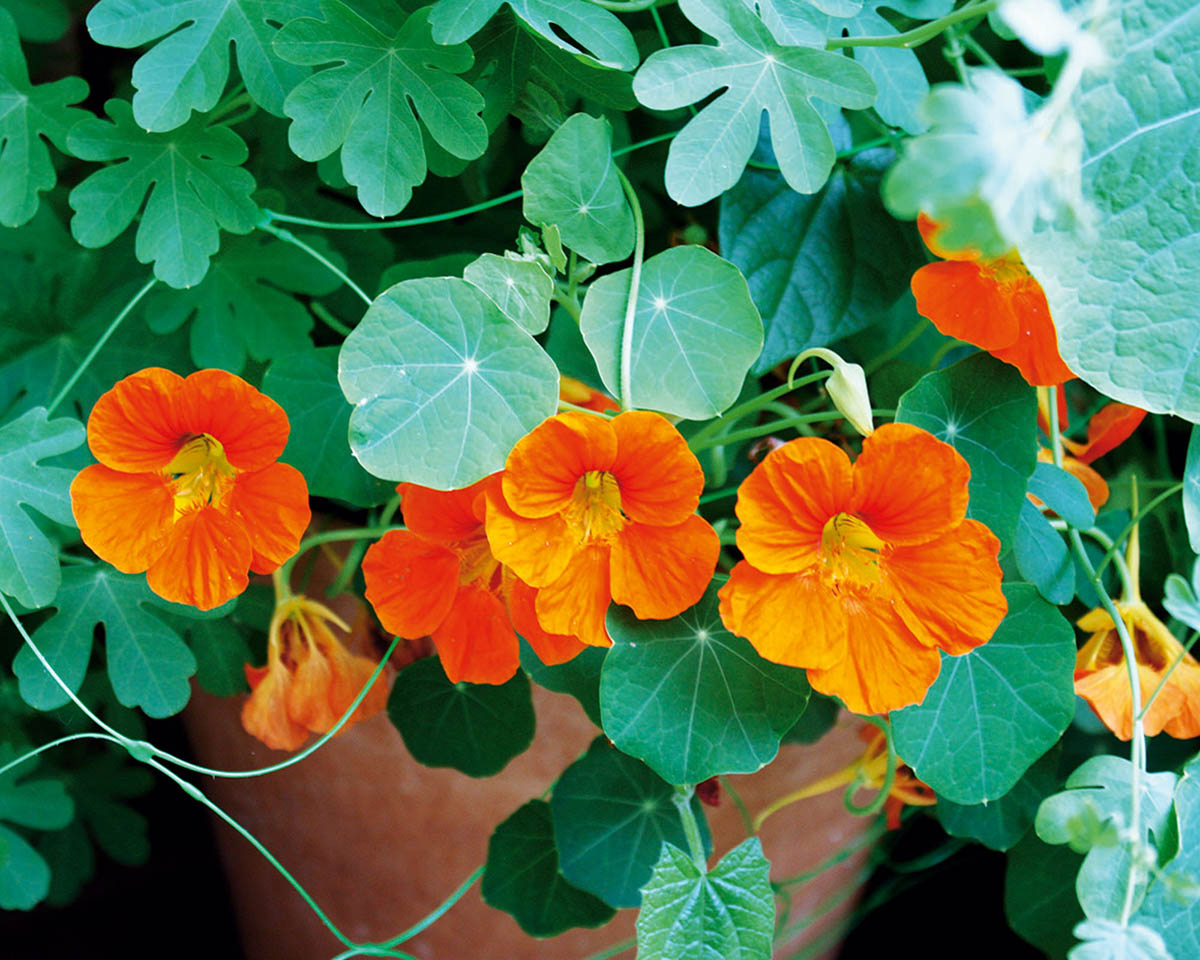
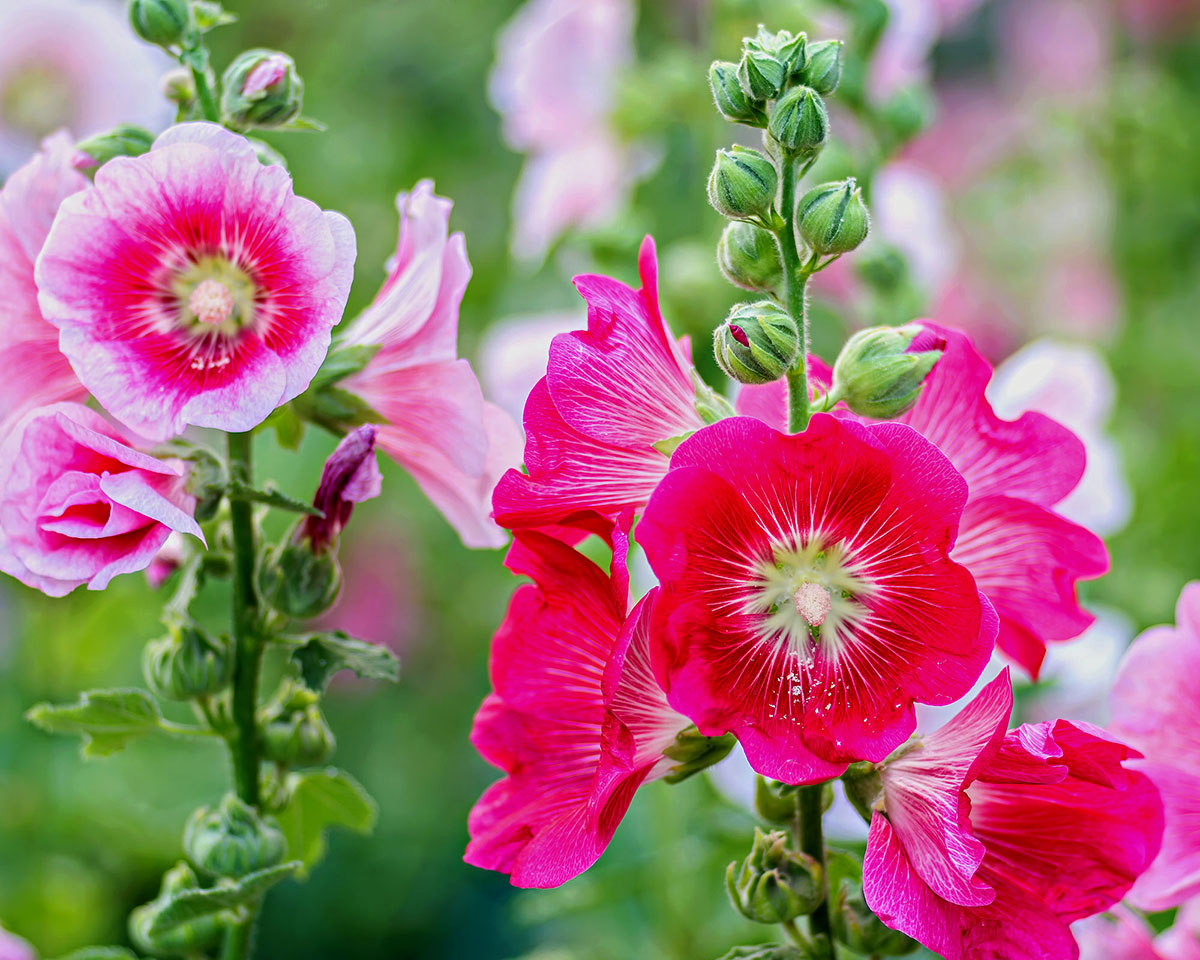
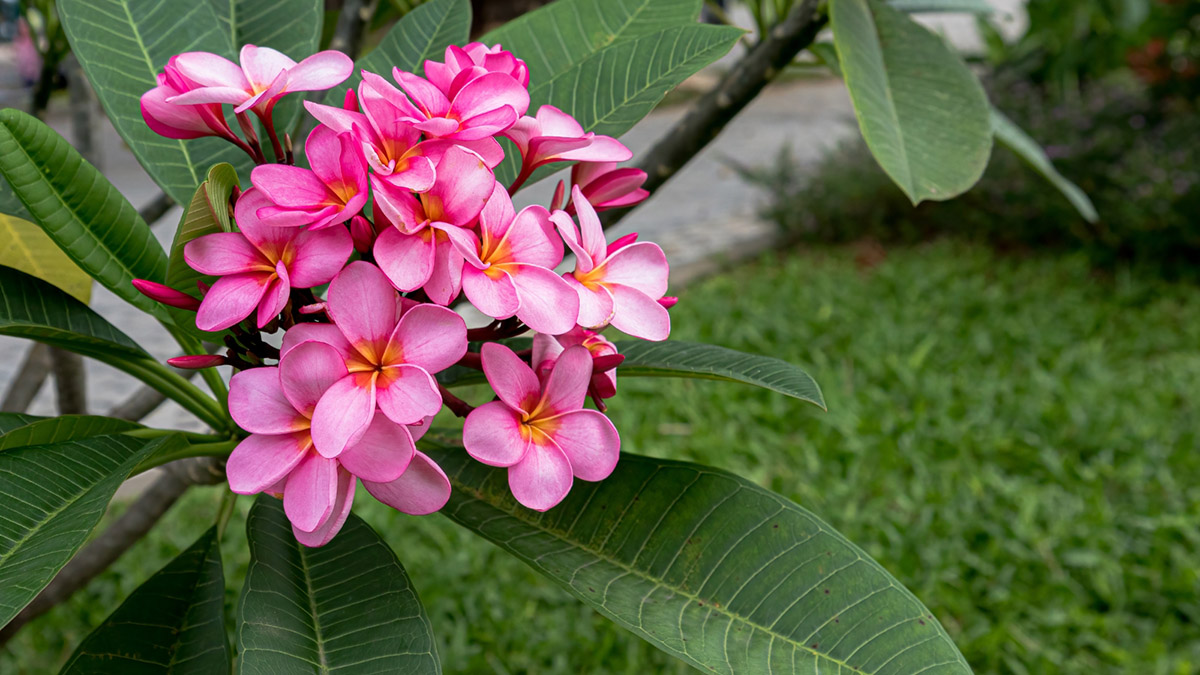

0 thoughts on “How Long Does It Take For Thyme To Germinate”